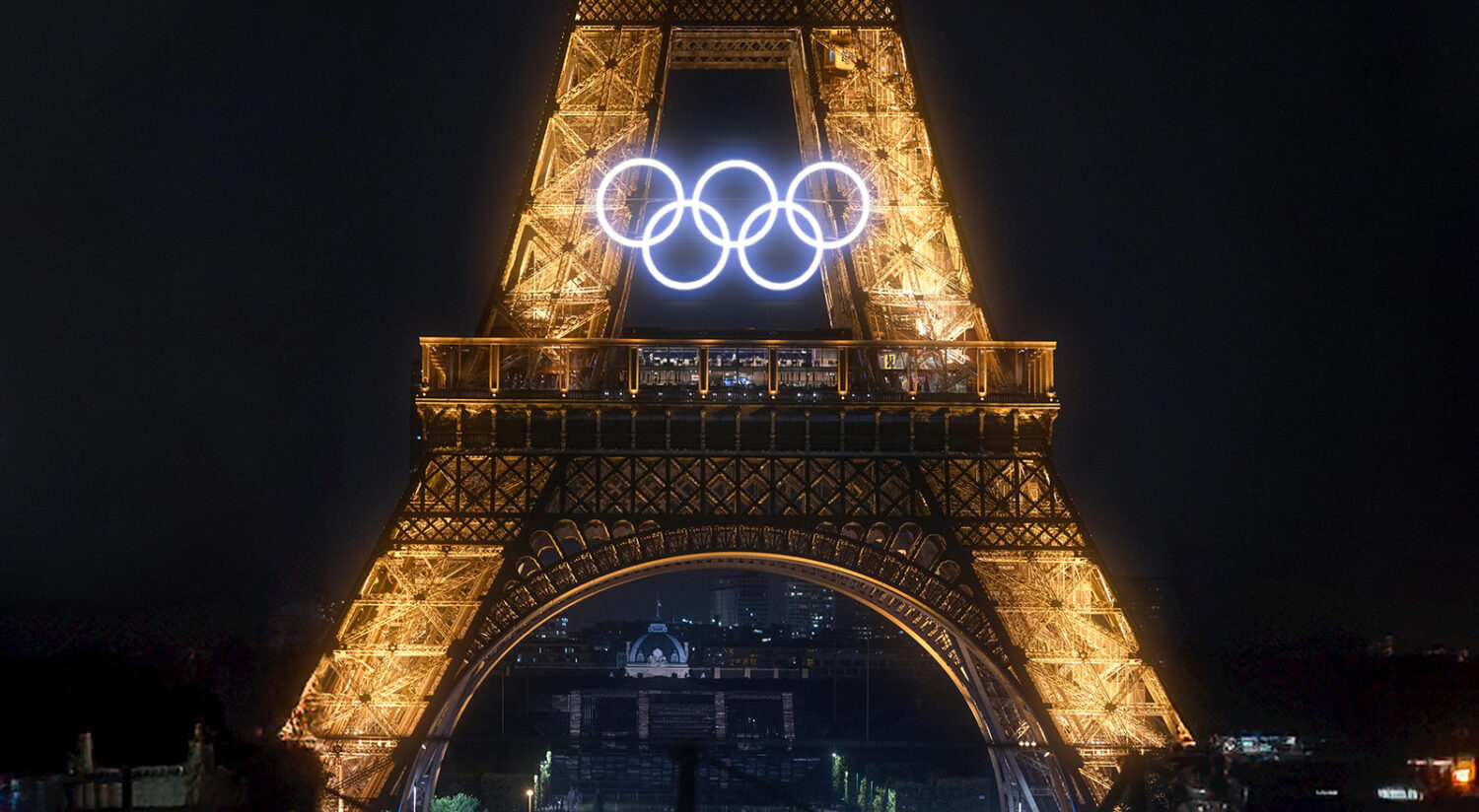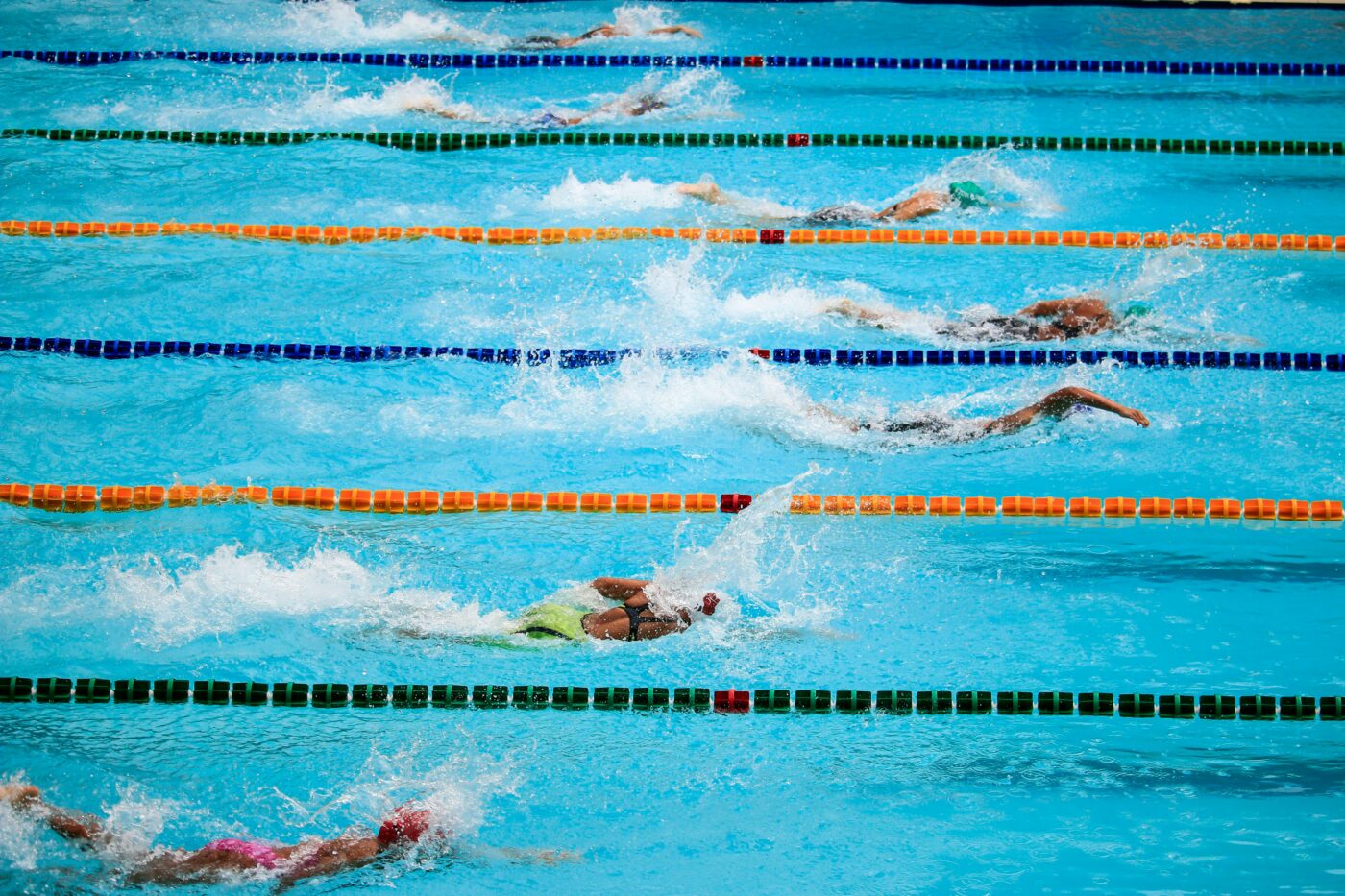
5 ways that the Paris Olympics are going green
Fri, 26 Jul 2024 – Sun, 11 Aug 2024
As the world gears up for the 2024 Paris Olympic Games, organisers are pulling out the stops to deliver a spectacular event. Not just in sportsmanship and spectacle, but in being more responsible, inclusive and sustainable.
With innovative solutions for energy, food, venues, transportation and digital services, we’ve taken a look at five ways this year’s Olympic Games are going green.
1. Keeping to a carbon-budget
Paris 2024 is setting standards as the first Olympics taking place fully in-line with the Paris Agreement on Climate Change. They’ve pledged to cut their carbon emissions by 50% compared to previous hosts such as London 2012 and Rio 2016. They’ve even set a carbon budget covering everything from building and energy, to transport and food.
And for our favourite part; the Games are being run on 100% renewable energy. Instead of relying on fossil fuels, they’re using biofuel and batteries. Plus, venues are connected to the grid, cutting down on the requirement for temporary power.
2. Embracing the circular economy

Unlike previous Games which have involved huge, energy intensive new constructions, 95% of the Paris Olympic Games’ competition venues are either pre-existing, or temporary buildings.
For new builds, like the Aquatics Centre, they’re using low-carbon methods and materials like recycled plastic and wood for construction. Plus, the Aquatics Centre is being powered by solar panels.
For equipment, Paris Olympics are mostly hiring rather than buying – with 75% of electrical and sporting equipment and 100% of tents and stands hired rather than purchased.
3. Giving back to the local community
Paris 2024 is focused on giving back to the local community. After the Games take place, the Olympic Village will become a thriving residential and business area, offering homes to 6,000 people and jobs for another 6,000. This will include new public housing and affordable rentals, plus shops and restaurants to boost the local economy. They’re also attempting to speed up efforts to clean up the River Seine – although a contingency plan might be needed if water pollution levels remain high to protect swimmers.
4. Making eco-friendly eating easier
There has been a lot of noise about food sustainability around the world.
At the 2024 Paris Olympic Games, they’re planning to cut the carbon footprint of meals in half for everyone, including spectators and the workforce, doubling the number of plant-based options, and sourcing 80% of ingredients locally. This approach will support local farmers and reduce food miles and emissions.
They’re also tackling food waste by estimating quantities better, redistributing leftovers, and composting.

5. Promoting green transport
With over 80% of the competition venues within 10km of the Olympic Village, travel times for athletes and participants are minimal. The Paris 2024 Games are using the city’s extensive public transport network to keep travel emissions low. Plus, they’re also adding over 400km of new bike lanes.
The vehicle fleet for the Games will include electric, hybrid, and hydrogen-powered vehicles, further cutting emissions. While these measures cannot influence how spectators plan to get to the Games – they will reduce carbon while people are local.
For Paris 2024, the Olympic Games are not just about breaking sporting records; it’s about setting new standards for sustainability. From renewable energy and green construction to eco-friendly transport, the Games are paving the way for future, more sustainable, events.


